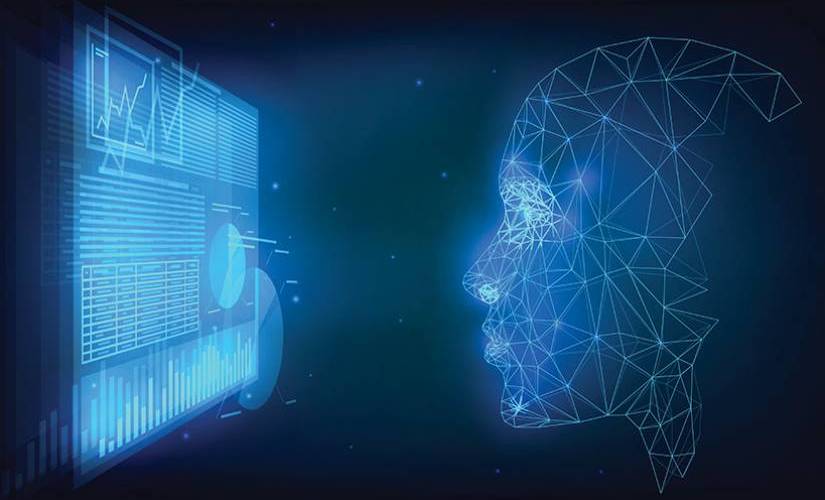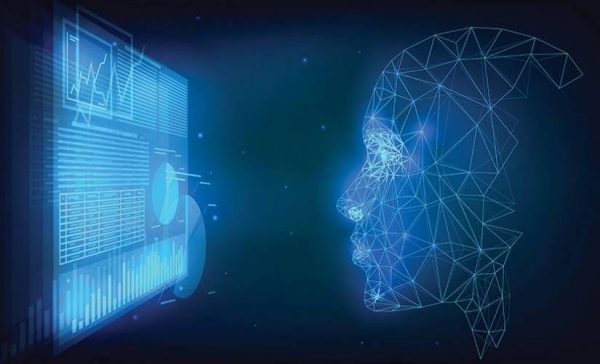Trying to differentiate artificial intelligence from big data is like choosing between a spade and a shovel. This is because the two complement each other in very important ways, however, they’re uniquely different in both nature and purpose.
Read more about Tech
Big data refers to large volumes of diverse and dynamic data that can be mined for information. AI is a set of technologies that enables machines to simulate human intelligence. AI requires volumes of big data to effectively learn and evolve. Big data relies on AI to mine information more intelligently.
The discussion is less about big data vs. artificial intelligence and more about big data and AI combined. They’re both powerful technologies in their own rights, but together, the possibilities are unlimited.
Artificial Intelligence
Artificial Intelligence is quite a different phenomenon from Big Data, because it refers to a kind of intelligence that allows a machine to carry out cognitive functions just like humans. These machines are specifically programmed to act and carry out responsibilities as humans. They can also analyze and interpret data and then solve problems based on those interpretations.
Artificial Intelligence is made up of a broad set of technologies that provide various methodologies for analyzing data and learning from that analysis.
Some of these Technologies under Artificial Intelligence include:
Machine learning: This AI technology enables computers to gain knowledge from the collected data and then apply that knowledge without human involvement.
Deep learning: This allows computers to closely imitate the logical capabilities of the human brain, and from there it can achieve increasingly greater accuracy.
Natural language processing: This technology enables a machine to examine, understand and generate human language and approximate natural conversation. This machine has the ability to understand and generate multiple human languages.
Computer vision: Computer Vision allows machines to identify and categorize images, such as human faces, and then respond to what it sees. This machine is mostly used in E-capturing.
Major technological companies in Nigeria have been investing in Artificial Intelligence Technologies, this is because AI represents the next frontier of technology and without it, it would be difficult to withstand competition and scale through the market.
In Nigeria, various Artificial Intelligence technologies are being put to work in various sectors. The health sector for example, benefits from AI technologies because, with information gotten from these technologies, doctors are able to assess risks, make better decisions, and give patients medications that are more effective.
Sign up to the Connect Nigeria daily newsletter
Although in Nigeria today, Artificial Intelligence is still finding its grounds, it is expected that in a few years to come, a higher percentage of learning management tools will be enabled by Artificial Intelligence capabilities. Therefore, instead of requiring teachers to create a single curriculum for all students, educators will have augmented intelligence assistance that provides a wide range of materials leveraging the same core curriculum, but cater to the specific needs of each student.
Big Data
Unlike Artificial Intelligence, Big data deals with large volumes of varied and dynamic data that can be extracted to get information. Big Data does not only deal with large sets of data, but it also encompasses data that moves at a high velocity and has meaning within a defined context. The goal of using big data is data transformation and analytics that lead to specific results.
However, just like Artificial Intelligence, Big data can be structured, semi-structured and unstructured data to achieve the speculated results. It can originate from any data source capable of generating large volumes of data such as social media, IoT devices, websites, log files, spreadsheets, databases and machinery sensors
From these listed data sources, organizations can derive valuable insights and information about their customers and operations in order to make accurate and informed decisions, that lead to calculated advantages in how they operate and do business.
In Nigeria, Big Data technologies provide up-to-date and rough poverty estimates for Nigeria via data gotten from various data sources such as satellite imagery and other sources of geospatial Big Data. They are used to construct a high-resolution poverty map. These techniques work by “learning” how to predict poverty by being exposed to a large dataset that matches ground-truth labels of poverty to imagery and other geospatial data. Generally, these technologies are programmed to learn the visible features that are predictive of poverty, such as road quality, building mass, and land topology.
The bottom line between big data and artificial intelligence comparison is that big data refers to the data itself, while Artificial Intelligence describes a machine’s ability to use this big data when learning to act like a human. These two are complementary technologies that are able to work together in significant ways.
As stated above, big data is data itself while Artificial Intelligence thrives on data, therefore the greater the amount of data available, the more effectively an AI system can analyze, learn and evolve. This means that it is through big data that AI can realize its fullest potential.
Featured Image Source: ReadWrite
Got a suggestion? Contact us: [email protected]


